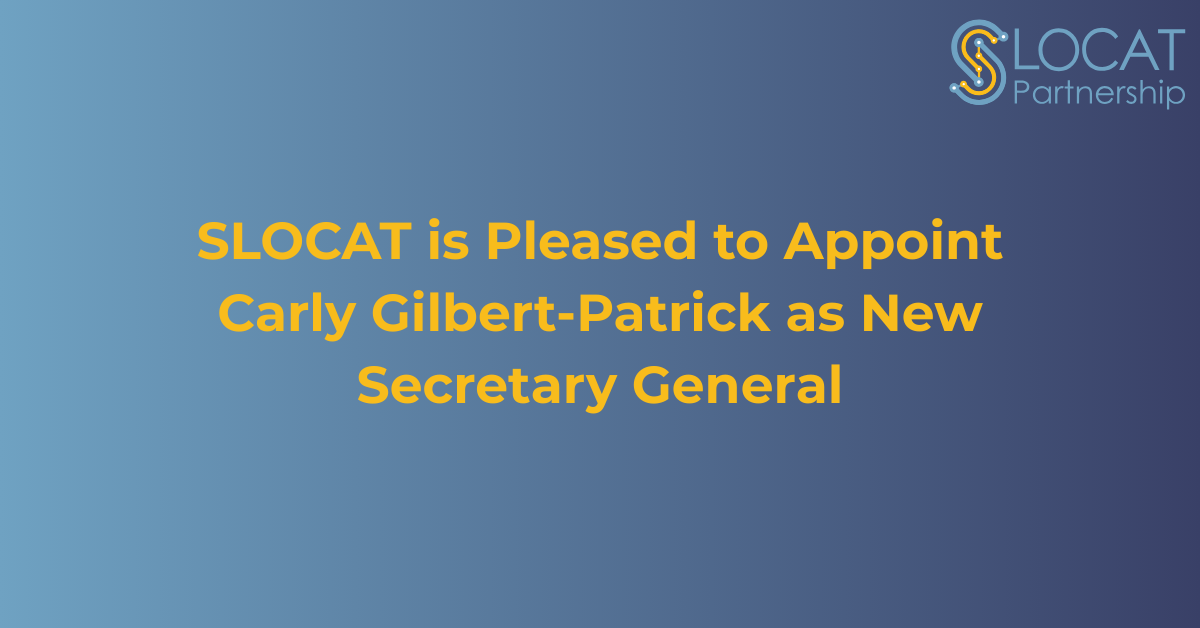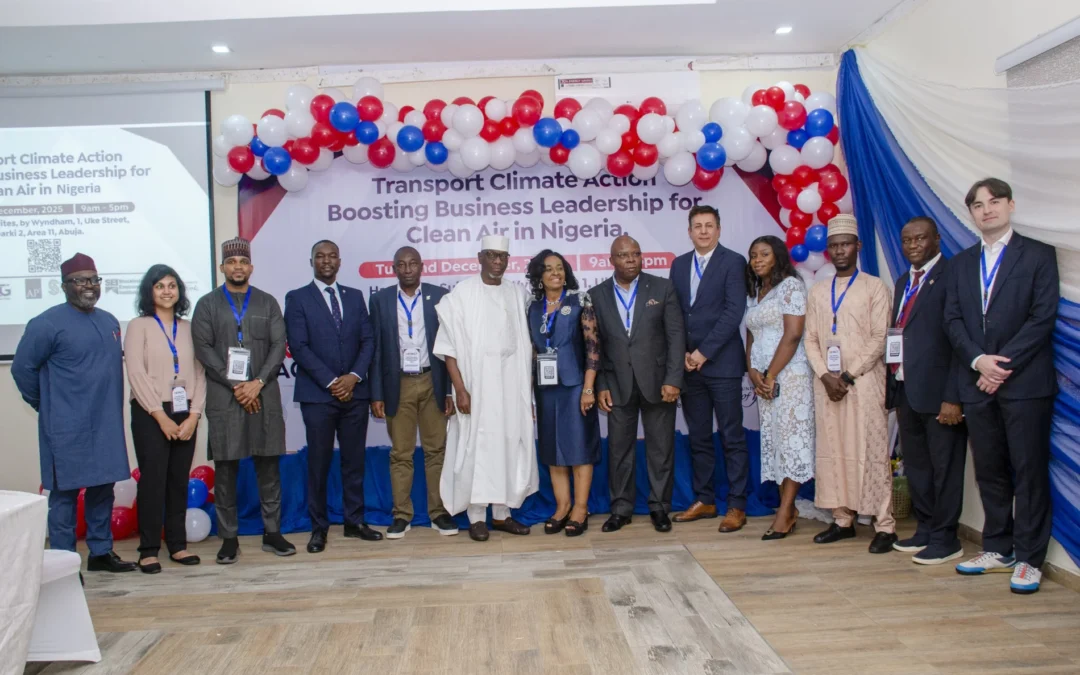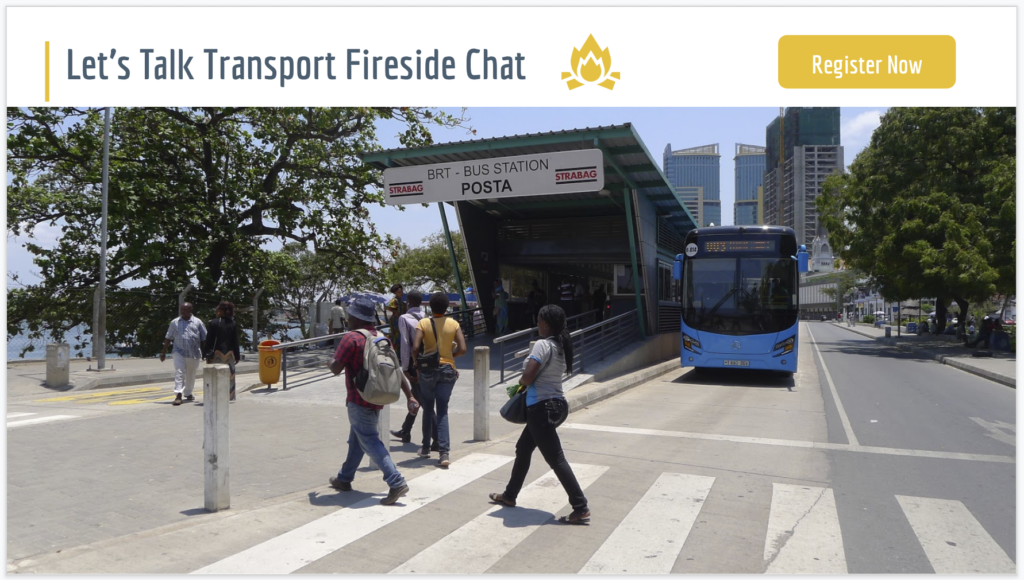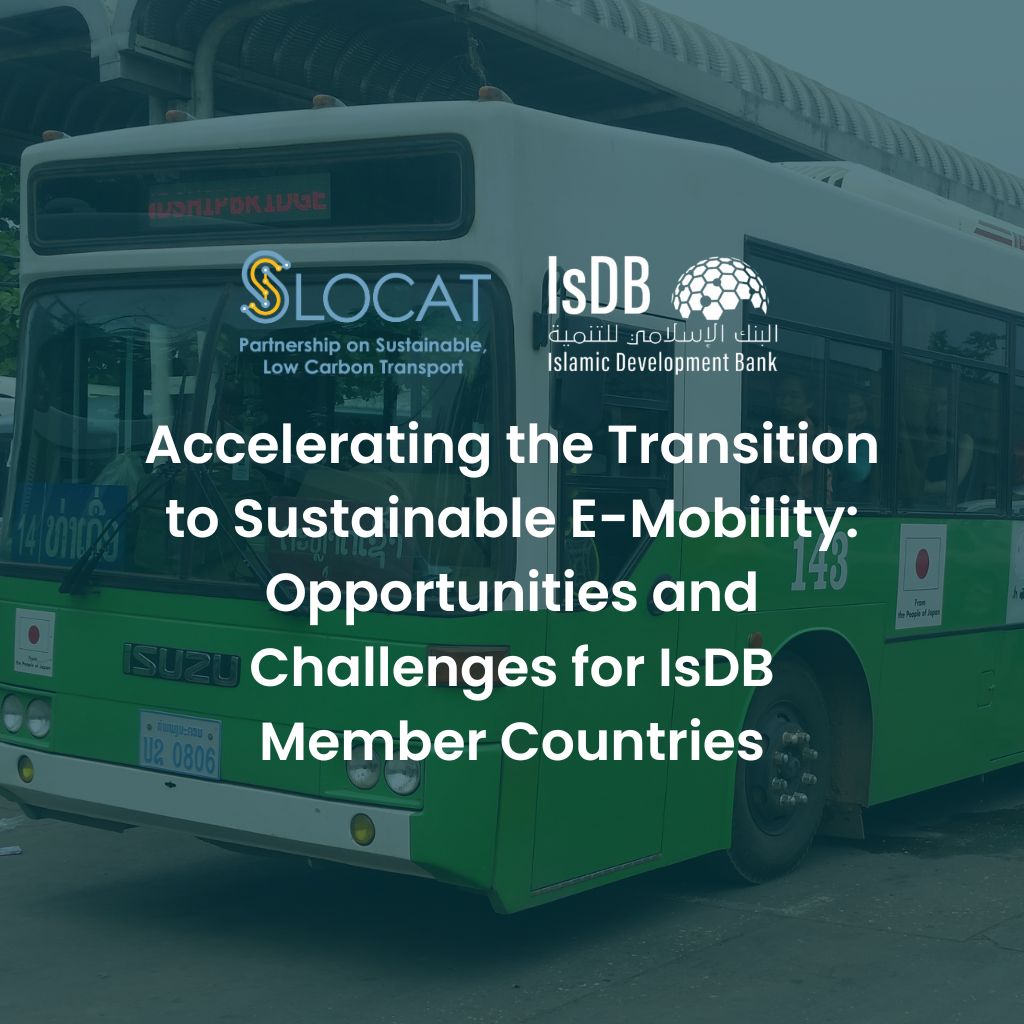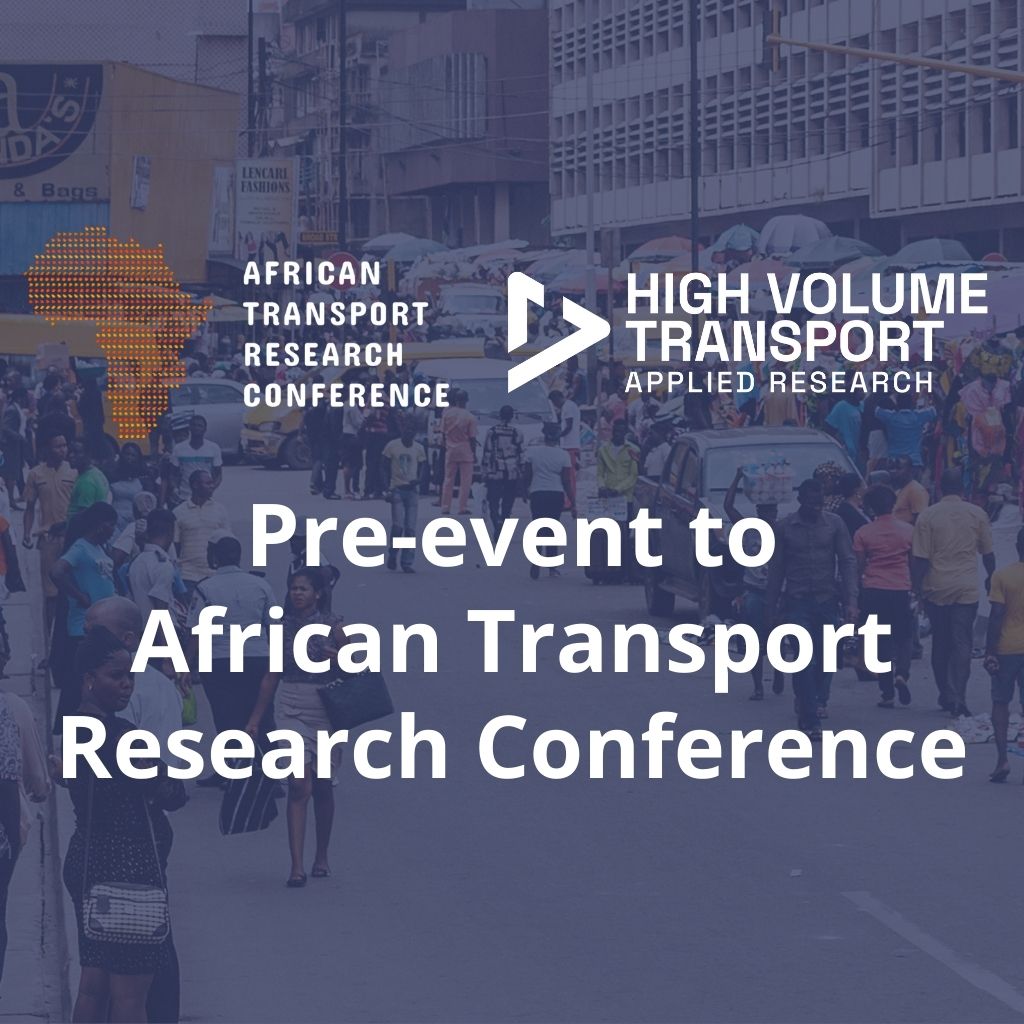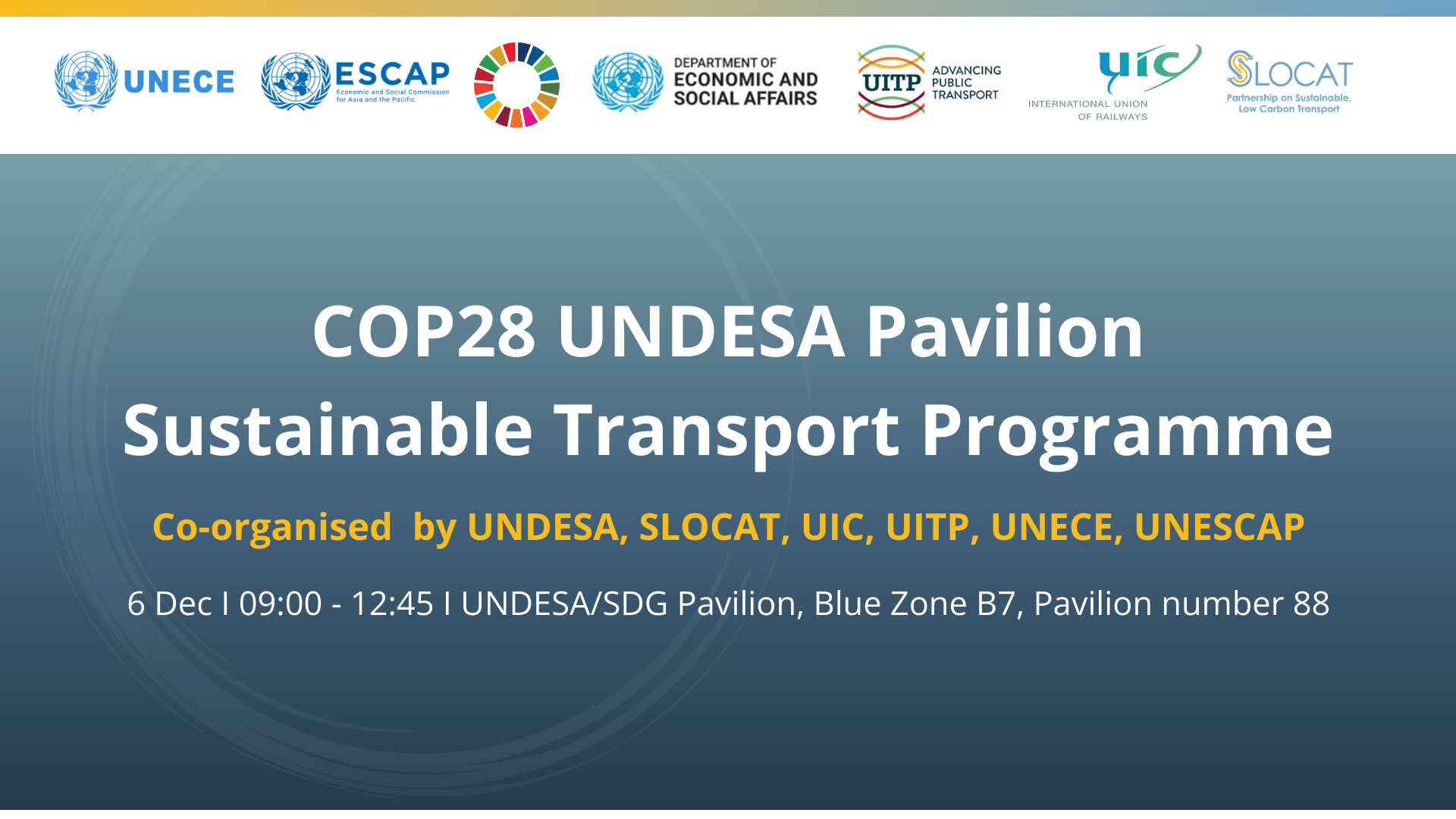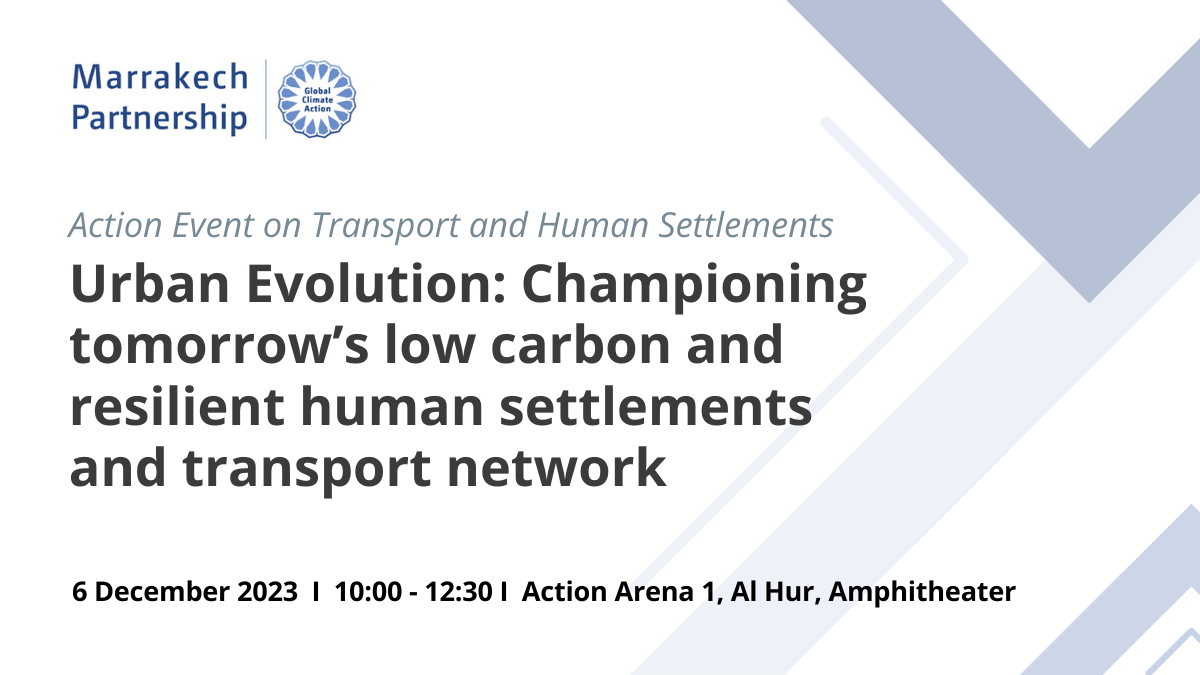Transport and mobility can play a central role in improving the quality of life. In this Fireside Chat episode of Let’s Talk Transport, experts from the sustainable, low carbon transport community, together with others working on public health, air quality, and behaviour change, will investigate this topic in light of complex societal challenges.
Speakers:
- Glynda Bathan, Deputy Executive Director of Clean Air Asia, and
member of the SLOCAT Partnership Board of Directors - Kristie Daniel, Program Director – Livable Cities, Healthbridge
- Jose Siri, Senior Science Lead – Cities, Wellcome Trust
Moderated by:
- Bronwen Thornton, CEO of Walk21 and Chair of the SLOCAT Board of Directors
Questions for discussion:
- What is happiness? And is it ‘transport’s job’ to contribute to making us happy? How does culture come into play here? Certainly, what makes a person’s life better in different regions of the world may be different, but are the ultimate needs the same?
- How can elements of equity be weaved into transport and mobility planning in order to create more equitable outcomes and greater happiness for all?
- How we build back better from the COVID-19 pandemic will have major implications on how our transport and mobility systems can actually promote health, happiness, and overall quality of life. What is happening in the places in which you work, which policy measures are being implemented that could actually create an enabling environment for better health and happiness outcomes in response to COVID-19?
- Can these elements of happiness and quality of life be embedded more deeply in the response to COVID-19 and longer-term transport approaches?
- Oftentimes, we do not put enough thought into how developing countries may be negatively impacted by the demands or impacts of developed countries. Nowadays, so much pollution, emissions, and supply chains have been exported from the Global North to the Global South. This means more economic activity is creating air pollution, congested roads, and dangerous transport and mobility systems for the developing world. How do we value health and happiness within these development ambitions to shift these negative externalities and serve the interests, mobility needs, and quality of life of people in the South?
Please contact chris.dekki@slocatpartnership.org for more information.









